Despite Significant Criticism, “Dirty Dozen” List Continues
3/09/2021
After facing significant criticism in 2020 for the release of its “dirty dozen” list and raising unfounded food safety fears among consumers during the early days of the pandemic, it seems the list authors are again determined to move forward with its release in 2021.
Although the list has been repeatedly discredited by scientists, has been shown to negatively impact the produce purchasing habits of low income consumers and 94% of registered dietitians surveyed agreed that the “dirty dozen” list messaging hinders their ability to increase fruit and vegetable consumption among their clients and consumers, the Environmental Working Group (EWG) continues to cling to this decades-old tactic.
As we have in previous years, the Alliance for Food and Farming calls on EWG’s leadership to instead prioritize public health and the best interest of consumers by using their considerable resources and connections to advance public and private initiatives that promote increased consumption of fruits and vegetables
Decades of nutritional studies prove that a diet rich in fruits and vegetables can improve immune function, encourages weight loss, prevents diseases and prolongs life span. However, only one in 10 Americans eat enough each day, according to the Centers for Disease Control. One such study from Tufts University found that “prescriptions” for fruits and veggies would prevent 1.93 million cardiovascular events (such as heart attacks) and 350,000 deaths, as well as cut healthcare costs by $40 billion.
Further toxicology studies and government sampling data consistently have shown the safety of the very same popular produce items on the “dirty dozen” list. The United States Department of Agriculture’s Pesticide Data Program report shows that 99% of the foods samples had residue levels well below government safety standards. And 42% has no detectable residues at all.
And, an analysis by university toxicologists found that a child could eat hundreds to thousands of servings each day of the produce items included on EWG’s list and still not have any health effects from residues because the levels are so minute, if they are present at all.
Faced with the weight of considerable scientific facts, EWG simply cannot continue to disparage the more affordable and accessible fruits and vegetables by calling them “dirty” and promoting false and fear-based messaging. This tactic runs completely counter to recommendations by health experts and nutritionists everywhere who state that consumers can eat either organic or conventional produce with confidence – both are safe and nutritious.
The pandemic has illustrated the importance of providing consumers with science-based information so they can make the right health and safety choices for themselves and their families. It has also shown us the harm from repeated misinformation. Encouraging consumption by supporting and reassuring consumers about their produce choices is the right thing to do. And, it’s time for EWG to do what’s right and what’s best for public health.
#NoMoreDirtyDozen, #FactsNotFears, #Eat More Produce



